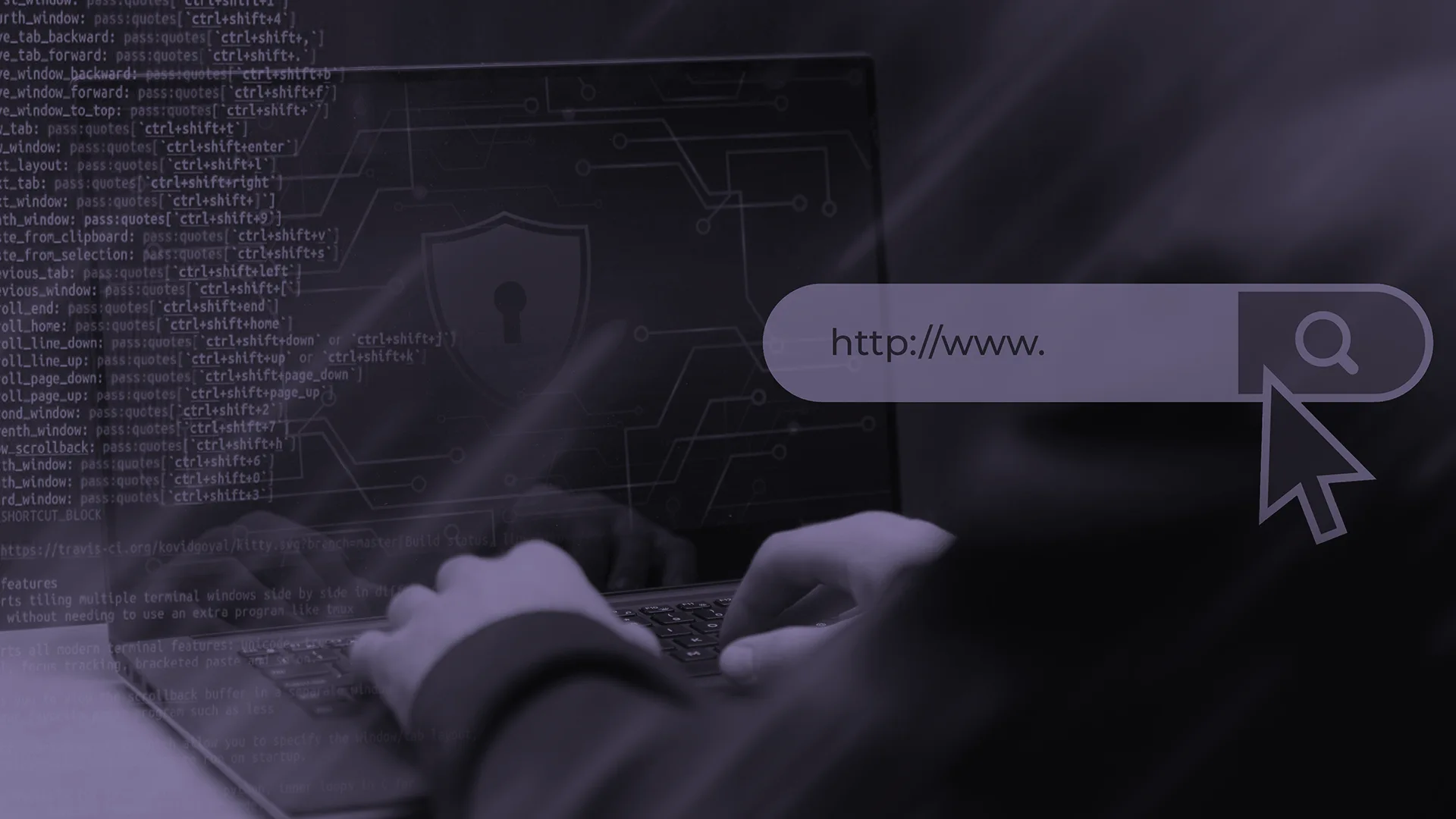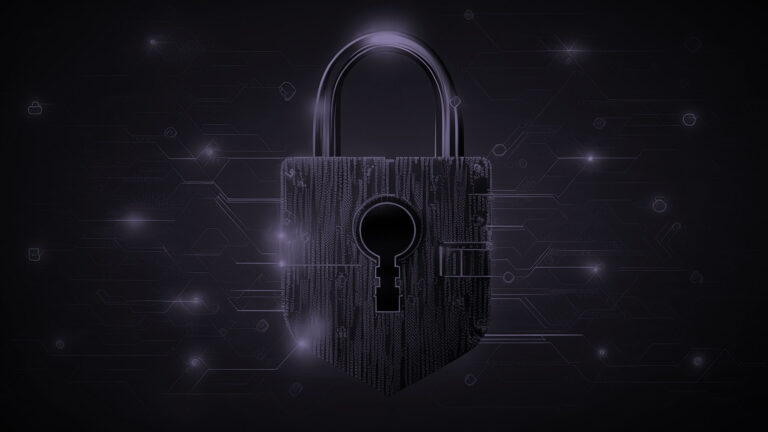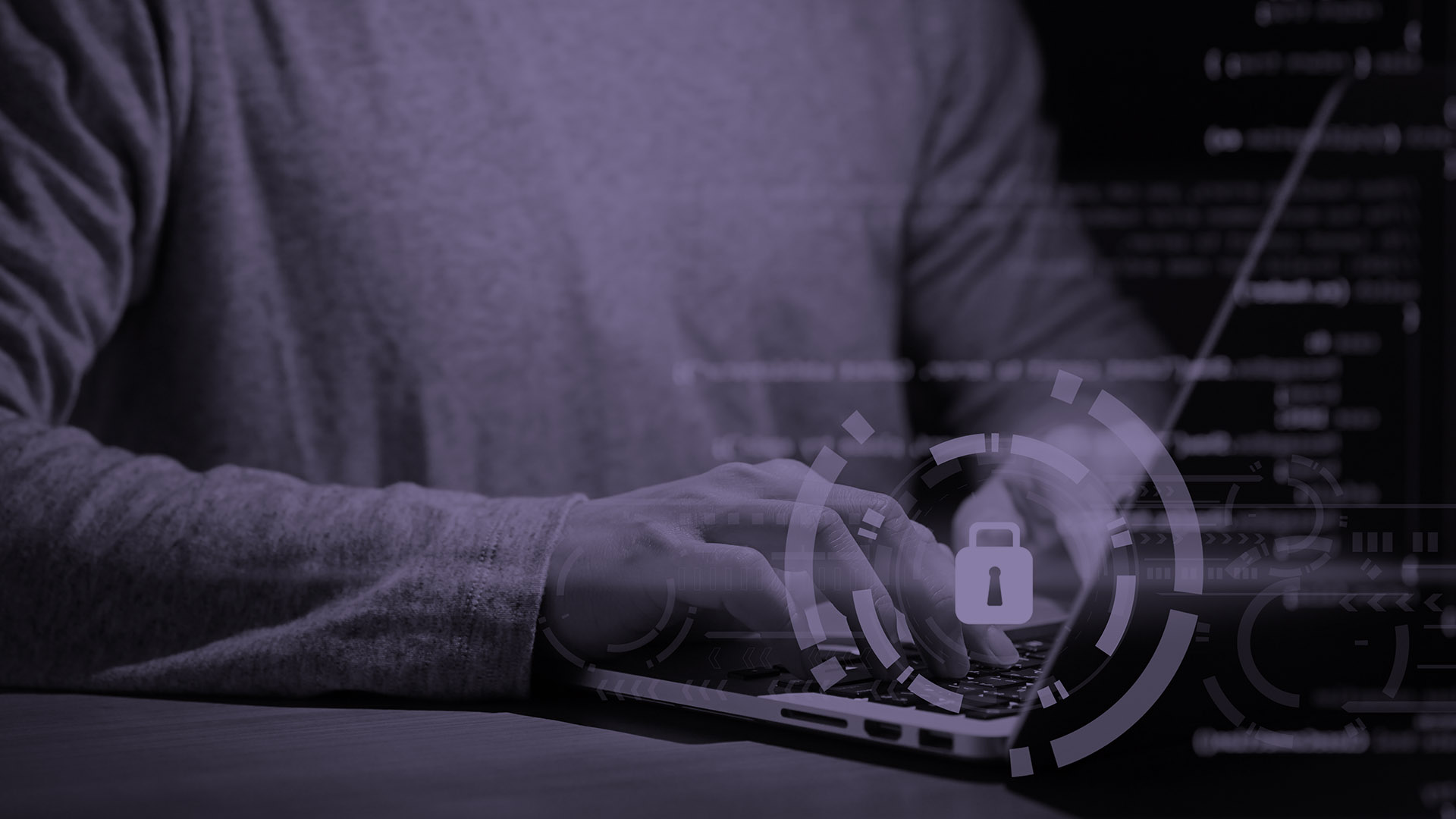In today’s digital landscape, website security is not just a technical requirement; it is a fundamental necessity. It’s an essential pillar for any successful online business.
Making website security a priority is essential for all businesses, as it helps build trust, ensure compliance, and safeguard valuable digital assets. Whether you’re launching your first website or managing an established online presence, understanding why website security matters and making it a top priority can save you from costly disruptions, protect your customers, and strengthen your brand reputation.
In this article, we look at the real reasons why you should make your website secure.
The Real Benefits of Prioritizing Website Security
There are benefits to having a secure website, and here are the top benefits I’ve identified.
1. Protection of Sensitive Customer Data
When customers visit your site, they expect their data to be protected from hackers.
Website security is crucial for safeguarding sensitive customer data, including payment information and personal details. Robust website security safeguards sensitive data using encryption and other protocols. A breach can lead to identity theft, financial loss, and legal repercussions, all of which can severely damage your business.
By implementing robust security measures, such as SSL certificates, firewalls, and regular security audits, you ensure that your website remains a safe space for your visitors to transact and interact. Additionally, secure websites tend to load faster and perform more efficiently, thereby enhancing the overall user experience.
For businesses that facilitate online transactions, robust website security is crucial to protect online transactions and customer financial data from cyber threats. Even a single security breach can undermine your reputation and erode trust with your audience.
Protecting customer data is not only vital for compliance but also for maintaining operational integrity and customer loyalty.
2. Enhanced Customer Trust and Confidence
People buy from brands they trust. You can be one of those brands by simply implementing security measures on your site that give your site visitors the confidence to use and buy from you online.
When users see security indicators like HTTPS and trust seals, they feel more confident engaging with your services.
This increased customer confidence directly correlates with higher conversion rates and repeat business, which are critical factors for business growth.
Customers are more likely to share personal information and complete purchases on websites they perceive as secure, making website security a key driver of business success.
3. Improved Search Engine Rankings and Visibility
A secure site is vital in maintaining your search rankings.
Search engines like Google prioritize secure websites in their search results, rewarding them with better search visibility. Google and other search engines actively penalize sites that are flagged as unsafe or contain malware, further emphasizing the importance of maintaining strong website security.
Other search engines also consider site security when determining rankings, so strong protection benefits your presence across multiple platforms. Conversely, websites flagged for malicious activity or poor website security risk are penalized or even blocked, leading to significant traffic loss. In extreme cases, a compromised website can be removed entirely from search results.
By prioritizing security, you not only protect your site but also enhance its discoverability and attract more visitors.
Don’t just leave it unattended.
4. Compliance with Legal and Regulatory Requirements
Another significant benefit of prioritizing website security is compliance with legal and regulatory requirements.
Many regions have strict data protection laws, such as GDPR and CCPA, that mandate businesses to safeguard customer information. The Kenya Data Protection Act also mandates that companies protect personal information collected online, with penalties for non-compliance. Failure to comply can result in hefty fines and legal repercussions, damaging your brand reputation and financial standing.
Implementing robust website security measures ensures that your business meets these obligations, reducing legal risks and demonstrating your commitment to responsible data handling.
5. Prevention of Financial Loss and Operational Disruptions
Website security helps prevent financial loss and operational disruptions caused by cyberattacks. A compromised website can lead to downtime, loss of sales, and costly cleanup efforts.
By investing in proactive security measures, businesses can avoid these expenses and maintain smooth operations. Regular security audits, software updates, and continuous monitoring help detect and mitigate threats before they cause damage, safeguarding your revenue streams and business continuity. Proactive security measures can prevent substantial costs associated with data recovery.
Cyber attacks can lead to your site being blacked out, and for any business owner, that is a disaster. Recovering from a hacked website gets expensive quickly after cleanup, making proactive security measures a cost-effective choice.
Another way to maintain these protection measures is by selecting the right web hosting partner. It’s also easier for you if it’s a managed hosting offer, like managed WordPress hosting.
6. Strengthened Brand Reputation and Competitive Advantage
Ultimately, a secure website enhances your brand reputation and provides a competitive edge. In a crowded digital marketplace, customers prefer to do business with companies they trust.
Demonstrating a commitment to website security signals professionalism and reliability, enhancing your brand image. This trust can differentiate your business from competitors, attract new customers, and foster long-term loyalty, all of which contribute to sustained business growth and success.
Practical Reasons Website Security Is a Must
Consider the case of a medium-sized e-commerce business that suffered a data breach due to outdated software. The incident not only compromised sensitive customer data but also triggered a significant decline in sales, as customers lost trust.
The site owner is ultimately responsible for maintaining robust security to prevent such incidents. Security is equally crucial for all types of sites, including multiple websites or online platforms, as well as single websites.
The company had to invest heavily in cleanup, legal fees, and reputation management. Costs that far exceeded what proactive security measures would have required.
On the other hand, large corporations that invest in continuous monitoring, regular updates, and secure hosting providers have successfully thwarted multiple hacking attempts. Securing their digital assets through these proactive measures ensures ongoing protection and compliance.
Their commitment to security helped them maintain seamless operations, protect customer data, and uphold a strong brand image.
By taking these steps, organizations can stay ahead of evolving cyber threats and avoid costly disruptions.
Industry Relevance: Security as a Business Imperative
In an era where cyber threats are increasingly sophisticated, website security is a critical component of business resilience.
Hosting providers now offer integrated security tools and services, including professional security service options that deliver ongoing monitoring, automated scans, and comprehensive protection to ensure website security and customer trust.
Many providers also implement advanced security systems, such as encryption, authentication, PCI compliance, and malware protection, to create structured, comprehensive frameworks that safeguard data and maintain operational integrity.
For businesses, partnering with a security-conscious hosting provider ensures compliance with regulations and reduces operational risks.
Regulatory frameworks, such as GDPR and CCP, make Amakese’s website security a legal obligation. Non-compliance can result in substantial fines and damage to a brand’s reputation.
Therefore, investing in website security is not only about defense but also about ensuring compliance and building a trustworthy online presence.
Role of Hosting Provider in Website Security
A hosting provider is more than just a place to park your website; it’s a frontline defender against cyber threats.
The right hosting provider implements robust website security measures, including regular security audits, malware scanning, and continuous monitoring, to protect your site from data breaches and malicious activity.
These security measures are essential for safeguarding sensitive customer data, such as personal details and payment information, ensuring that your customers’ information remains protected at all times.
By keeping software updated and proactively addressing vulnerabilities, a secure hosting provider helps prevent financial losses and reputational damage that can result from a single breach.
This commitment to website security not only protects your business but also increases customer trust and confidence in your brand. When customers know their data is safe, they are more likely to engage with your services and recommend your business to others.
Ultimately, choosing a hosting provider that prioritizes website security is a strategic decision for any business owner. It ensures your website is protected against evolving threats, supports compliance with industry regulations, and helps maintain a strong brand reputation.
In today’s digital landscape, partnering with a security-focused hosting provider is a critical step toward long-term business success.
Identity Theft: A Hidden Threat to Your Website
Identity theft is one of the most damaging yet often overlooked risks facing websites today. When website security is lacking, cybercriminals can exploit vulnerabilities to steal sensitive customer information, including personal details and credit card numbers. A single data breach can make consumers less likely to return to a compromised website, further impacting business growth.
Such data breaches can result in devastating financial losses, legal repercussions, and a lasting negative impact on your brand’s image.
To combat identity theft, businesses must implement comprehensive security measures to protect their customers’ sensitive information. This includes deploying SSL certificates to encrypt data, utilizing secure payment gateways to safeguard transactions, and maintaining regular backups to ensure data can be restored in the event of a compromise.
Educating your customers about phishing attacks and other forms of malicious activity is also critical, as it empowers them to recognize and avoid threats before they cause harm.
Prioritizing website security not only protects your customers’ sensitive information but also demonstrates your commitment to compliance with data protection regulations, such as GDPR and CCPA.
By staying vigilant and proactive, businesses can prevent identity theft, safeguard customer trust, and reinforce their reputation as a secure and reliable online presence.
Prevention and Recovery: Building Resilience Against Attacks
Building resilience against cyber threats requires a proactive approach to both prevention and recovery. Implementing robust website security measures, such as regular updates, malware scanning, and continuous monitoring, helps detect and block potential data breaches before they escalate. Automated bots scan for easy entry points to compromise websites, making proactive measures even more critical.
These security practices are crucial for safeguarding your business against lost revenue, financial losses, and damage to your brand reputation.
However, even with the best defenses, no system is entirely immune to attacks. That’s why having a comprehensive recovery plan is just as important as prevention.
Regular backups ensure that your data can be quickly restored, while secure payment gateways help maintain customer confidence during and after an incident. A clear communication strategy is also vital, allowing you to inform customers promptly and transparently about any breach and the steps being taken to resolve it.
Investing in website security tools and services, especially those offered by reputable hosting providers, further strengthens your defenses and ensures compliance with data protection regulations.
By staying ahead of emerging threats and prioritizing both prevention and recovery, businesses can protect their online presence, increase customer trust, and drive sustainable business growth.
In the face of evolving cyber threats, resilience is not just a technical concern; it’s a cornerstone of long-term business success.
Summary
Website security matters because it protects your business from financial loss, legal issues, and reputational damage.
It increases customer trust, improves search rankings, and ensures reliable website performance. Many businesses overlook website security until it’s too late, facing issues that are hard to recover from. Whether you operate a small blog or a large e-commerce platform, prioritizing website security is essential for long-term success.
This is a critical business component; neglecting it exposes your digital assets to risk, while a comprehensive security strategy protects your business, maintains trust, and ensures compliance.
By understanding and implementing strong website security, you lay the foundation for a reliable, trustworthy, and successful online business. Customers expect their information to be handled with care at all times. Prioritize security today to protect your website, your customers, and your future growth.
Frequently Asked Questions (FAQs)
What are the most crucial website security measures to implement?
Essential measures include SSL certificates, regular software updates, firewalls, strong password policies, two-factor authentication, and continuous monitoring.
How does website security impact SEO?
Search engines favor secure websites (HTTPS) and penalize those with malware or poor security, which can impact search rankings and traffic.
Can a small business afford to invest in website security?
Yes. Many affordable tools and hosting providers offer robust security features tailored for small to medium-sized enterprises.
What should I look for in a secure hosting provider?
Look for providers offering regular backups, malware scanning, firewall protection, and prompt technical support.
How often should I update my website security measures?
Regular updates and security audits should be performed at least quarterly or whenever new vulnerabilities are discovered.


